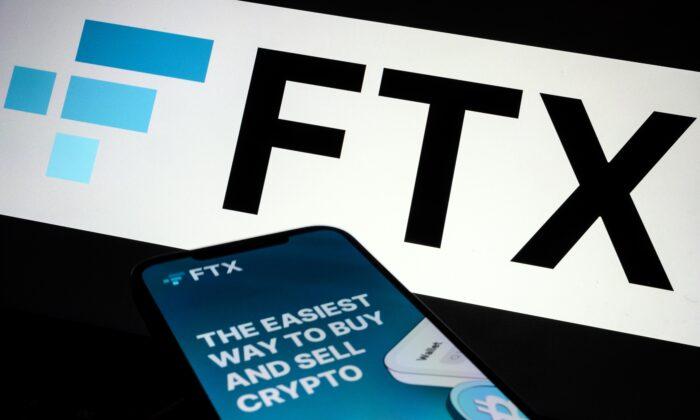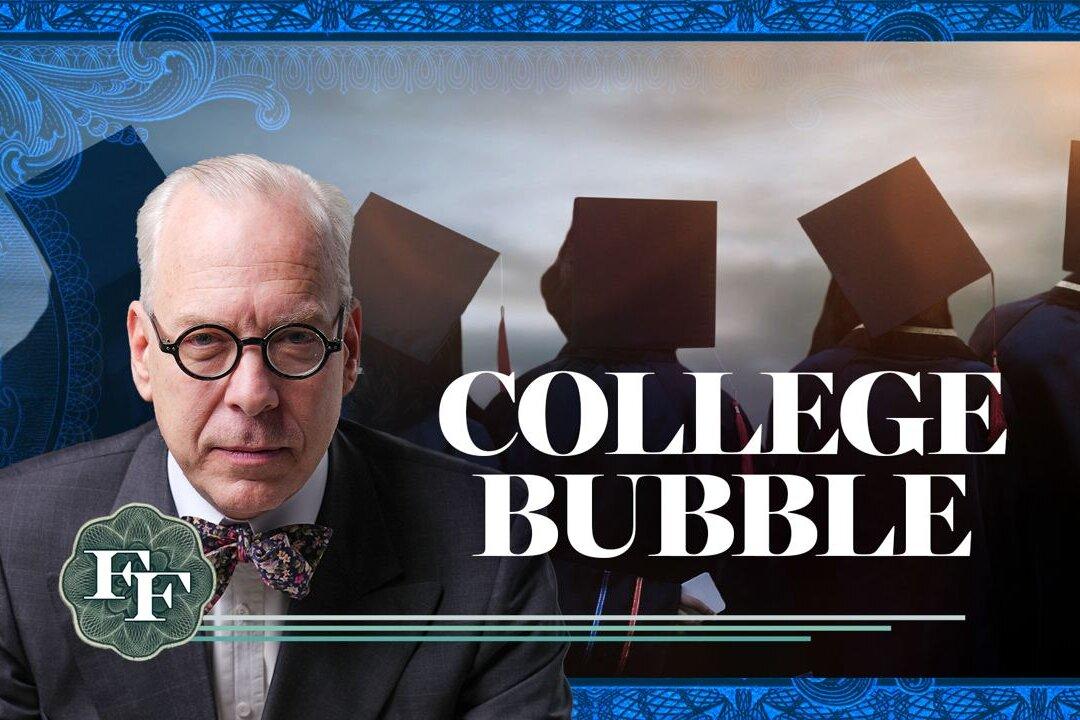Crypto crashes and crypto-exchange schemes come and go. I had assumed that the Mt. Gox disaster of 2014 would be the last, teaching investors to keep their own custody and watch the exchanges (the on and off ramps to the ecosystem) very carefully.
Keep your funds in your possession, the old guard has been screaming for 10 years. Use the exchanges as necessary but remember that they’re not magic money-making machines. And yet here we are, with yet another meltdown of a magic money-making machine.
Sadly, the Mt. Gox event proved to be a foreshadowing. The eye-popping mess of FTX and its valorized founder Sam Bankman-Fried is turning out to be one for the ages. From zero to $32 billion and back to zero again in a mere three years. It’s impossible for those of us fascinated by the sector to stop digging and looking.
Where to begin? There were the loving interviews on TV, and the fancy conferences in the Bahamas with guests such as Bill Clinton and Tony Blair, including one in April this year during which time Bankman-Fried was working to become the second largest donor to the Democrat Party at the midterms.
This Ukrainian/FTX/DNC relationship would normally be all over the headlines as worthy of a deep look, especially with the midterm timing, the wild passion of the Biden administration to funnel as much money as it could to Ukraine at a time when Americans are suffering from high inflation, and the murky world of crypto financing that bypasses normal banking channels.
It brings to mind the Iran–Contra scandals of the 1980s, which revealed back-channel funding deals to promote foreign-policy priorities while bypassing congressional approval. And yet not even that mess involved on-the-record campaign contributions from, for example, “Commander Zero” of the Contra forces. Even so, the scandal lit up front pages for many months.
So far, on the relationship between the DNC and FTX via Ukraine, we’ve seen only intrepid sleuths on Twitter on the case.
Additionally, there’s Alameda Research, which served as the investment arm and eventual destination of billions in customer funds from FTX, a practice that violated every best practice of the crypto world, which favors 100 percent reserves. There were the high-profile endorsements (Tom Brady, Katy Perry!), the named stadium in Miami, the claims in the financial press that he would be the first trillionaire, the $2 billion in funding from Sequoia Capital, and the Super Bowl ads featuring Larry David.
It’s all just incredibly shocking: the ties, the trickery, the scamming, the dark money, the ruling-class ties, the fake organizations, the ridiculous celebration of who in retrospect is an obvious fraud, along with the silly children the fake man had tapped to pretend to be the C-suite of FTX’s sister company. What a symbol of our times.
It makes you long for the days of the Iran–Contra deal. Looking back, it seems like the age of innocence.
But there are two additional oddities of the FTX caper that strike me.
First, there is the personality of Sam Bankman-Fried himself. He seems like a caricature or cartoon of the on-the-spectrum physics major (MIT!) turned financial genius whom gullible venture capitalists have come to valorize in our times. He had all the tell-tale signs: the disheveled look, the who-cares wardrobe of T-shirts and sneakers, the signature leg twitch, the chubby pasty face that suggests endless soda guzzling, the pics of the great man sleeping on bean bags, and the halting nasal-centric speech patterns that end every sentence with a vocal fry and falling intonation.
Clearly, we have a future trillionaire in our midst!
This is truly what people believe these days, and this especially applies in the crypto space. In past ages, people would look at someone like this and hear and speak and demand higher standards. Put on a tie and speak English please, and stop that ridiculous twitch! But for some reason, finishing school isn’t on the list of tasks for Gen Z and that’s supposed to be just fine, even a signal of mighty technological genius.
Second, I’m intrigued by the uniqueness of his moral pitch. The Bitcoin world has long had the reputation of being a culture of anarchists who wanted to succeed from mainstream finance and change the world in ways that favor freedom. That’s been true from the beginning. This space only reluctantly acquiesced to regulations as a matter of survival but the culture has never favored them.
Bankman-Fried was different. He peddled some pseudo-philosophy called “effective altruism,” which is supposed to be about making money only in order to give it away to good causes. As part of that, far from having regretted oversight, he became a champion of them. Please regulate me and everyone, demand maximum compliance and transparency, and let the crypto world become part of the machine. Wow, surely this is a great and honest man!
His effective altruism earned an endorsement from the World Economic Forum but also adoring interviews with the media, which went something like this:
“Tell us about your unique philosophy please!”
“Oh sure. I don’t need much. Look at my Toyota Camry! I intended to be a mega rich guy solely so that I can support charities that are changing the world!”
“Clearly you are a moral and holy person!”
His shtick, then, was marketing himself as crypto’s answer to ESG and DEI and other fashionably woke slogans. The world of crypto isn’t libertarian anarchist; instead it’s friendly and warm to power and left-wing prattle! Plus he had tight relationships with government!
In an ecosystem of 20,000 tokens with a market capitalization, this was his scheme to stand out. And sure enough, in our deluded times, it was a scam that worked.
Until it did not. The crypto world faced enormous problems this year with liquidity drying up in all directions, in part due to the end of 14 years of cheap money made possible by Fed-enforced zero interest rates that made it seem like liquidity rained daily from the clouds above. Once the tightening began, it all came to an end.
Helpfully the decline and rapid fall of FTX waited until two days following the midterms that his company funded. Now you can just imagine the trepidation that exists throughout the Democrat Party machine. It compares only to the terror that mainstream media felt when it became obvious that the product of the top advertiser Pfizer didn’t work as promised despite being forced on billions of people worldwide.
If you were not a cynic before, this one surely clinches the deal. It’s a racket. The whole darn machine.
Maybe FTX is to our times as Lehman Brothers was to 2008, or maybe it’s much more corrupt and its failures open a window into the entire shadowy world of finance, campaigns, foreign policy, and quid pro quos for the ages. Much depends on the flourishing of independent journalism and the ability of Twitter to get the word out—which is precisely why they hate Elon Musk so much right now.
Keep in mind that all of this racketeering would have gone on for many more years had the reality of economic forces not intervened. It’s bad luck for the shadowing scamsters of the political machinery of this country that things like balance sheets exist, but they do. Now is the time for a thorough investigation. Bankman-Fried might have hoped that he would become “too big to jail,” as one wag put it, but his luck appears to have run out.






Friends Read Free